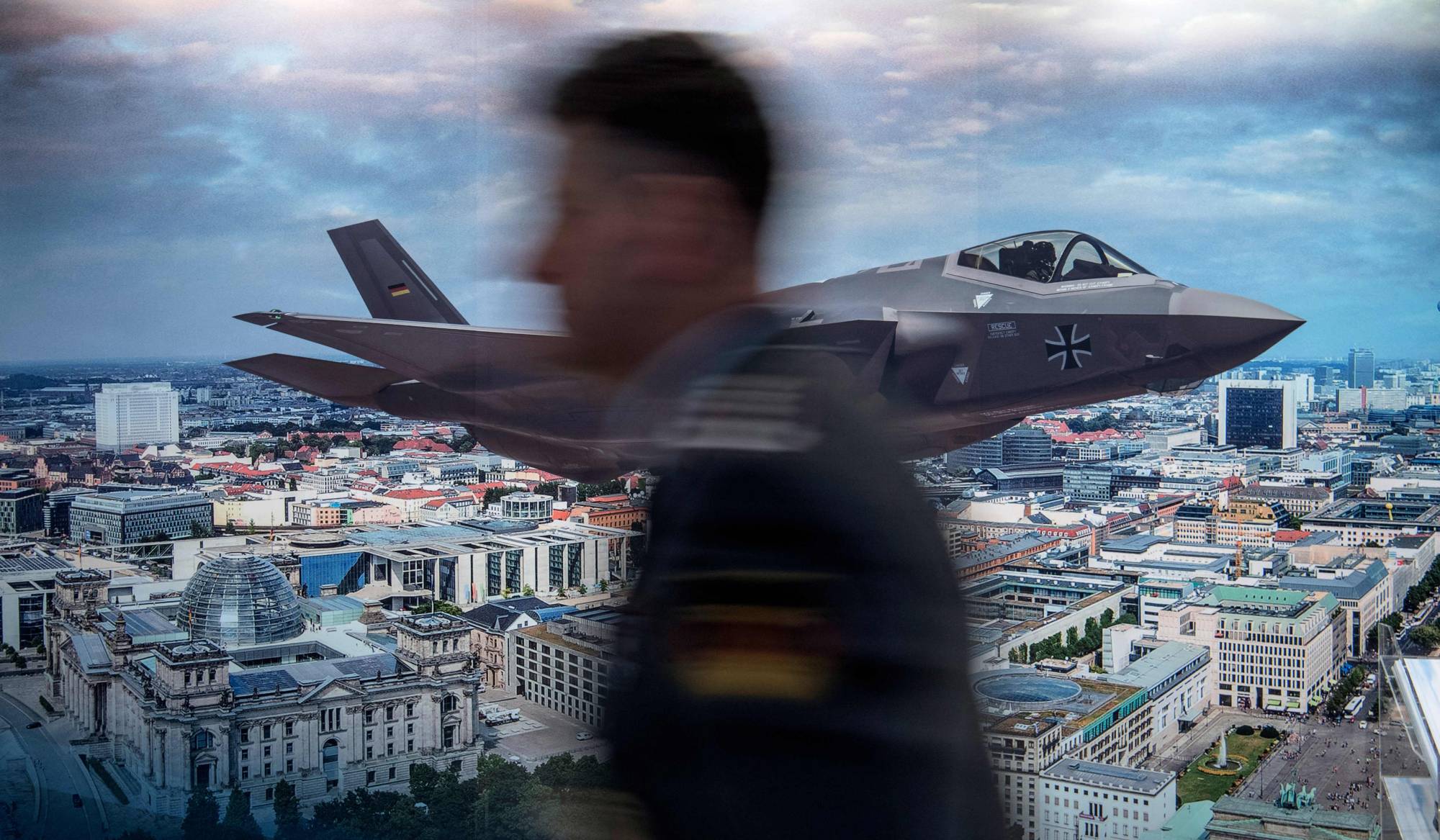Germany is leading Europe in its financial response to Russia’s invasion of Ukraine, raising the prospect of billions in aid for those hurt by surging gasoline prices and pushing ahead with the purchase of almost three dozen F-35 warplanes.
Finance Minister Christian Lindner on Monday threw his weight behind a proposal to ease the burden from the jump in costs at the fuel pump with a temporary rebate that could cost the government as much as €2 billion ($2.2 billion) a month.
Defense Minister Christine Lambrecht later confirmed that older Tornado fighter-bombers will be replaced with F-35s manufactured by Lockheed Martin Co. Germany will buy 35 of the $100 million-plus warplanes, and 15 Eurofighter jets equipped for electronic warfare, a Defense Ministry official said — part of an unprecedented €100 billion spending spree to modernize its armed forces.


















With your current subscription plan you can comment on stories. However, before writing your first comment, please create a display name in the Profile section of your subscriber account page.